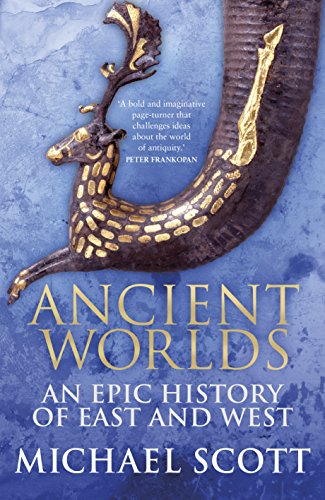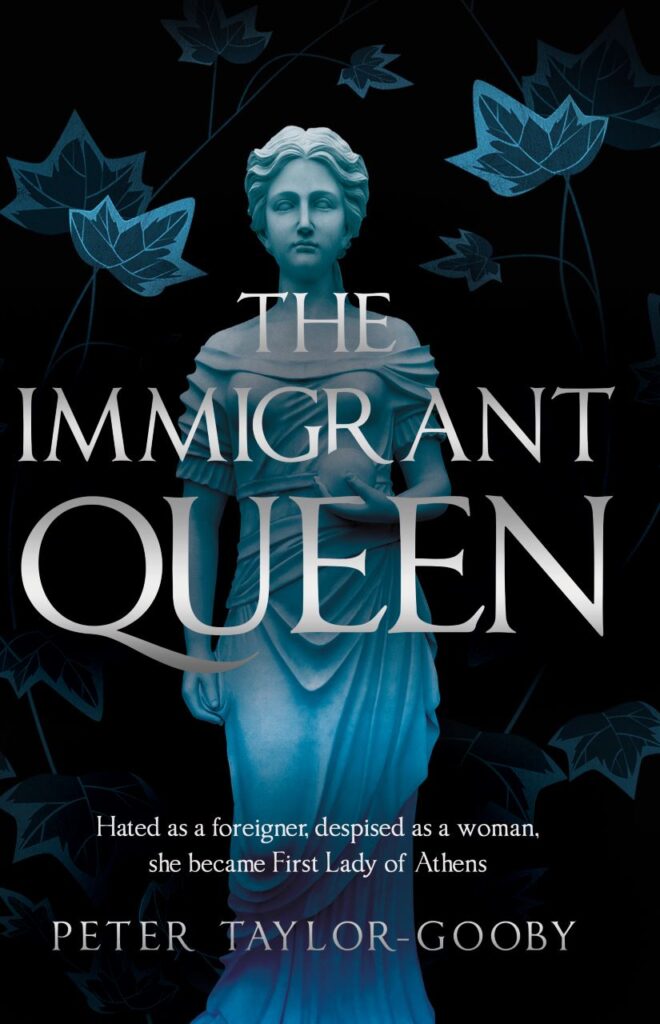Ancient Worlds: An Epic History of East and West
Scott’s thesis is that, in order to understand the past, we must examine the global interconnectedness of history. He examines three key dates: 508 BCE, when the Athenians invented a revolutionary form of government – democracy; Rome became a republic, and, in China, Confucius developed his philosophy of how society should be governed. 218 BCE: an age of military expansionism. Hannibal crosses the Alps and threatens the very existence of Rome; Philip of Macedon takes advantage of Rome’s weakness to seize new territory; and China is determined to expand its borders. Scott demonstrates how each empire’s aggression affects the others. 312 BCE: an age when religion throughout Eurasia became politicised. The Roman Empire adopts Christianity; Buddhism arrives from India and takes root in China and, in India, Hinduism undergoes a transformation. All three religions are hammered into the shape required to promote social cohesion and to enable those in power to exercise control. Now, the trading links stretch from the Yellow Sea in the east to the Mediterranean and bring new ideas as well as goods. I enjoyed Michael Scott’s television programmes, but I confess I was disappointed by this book: I found the Chinese sections particularly confusing which bogged me down.










